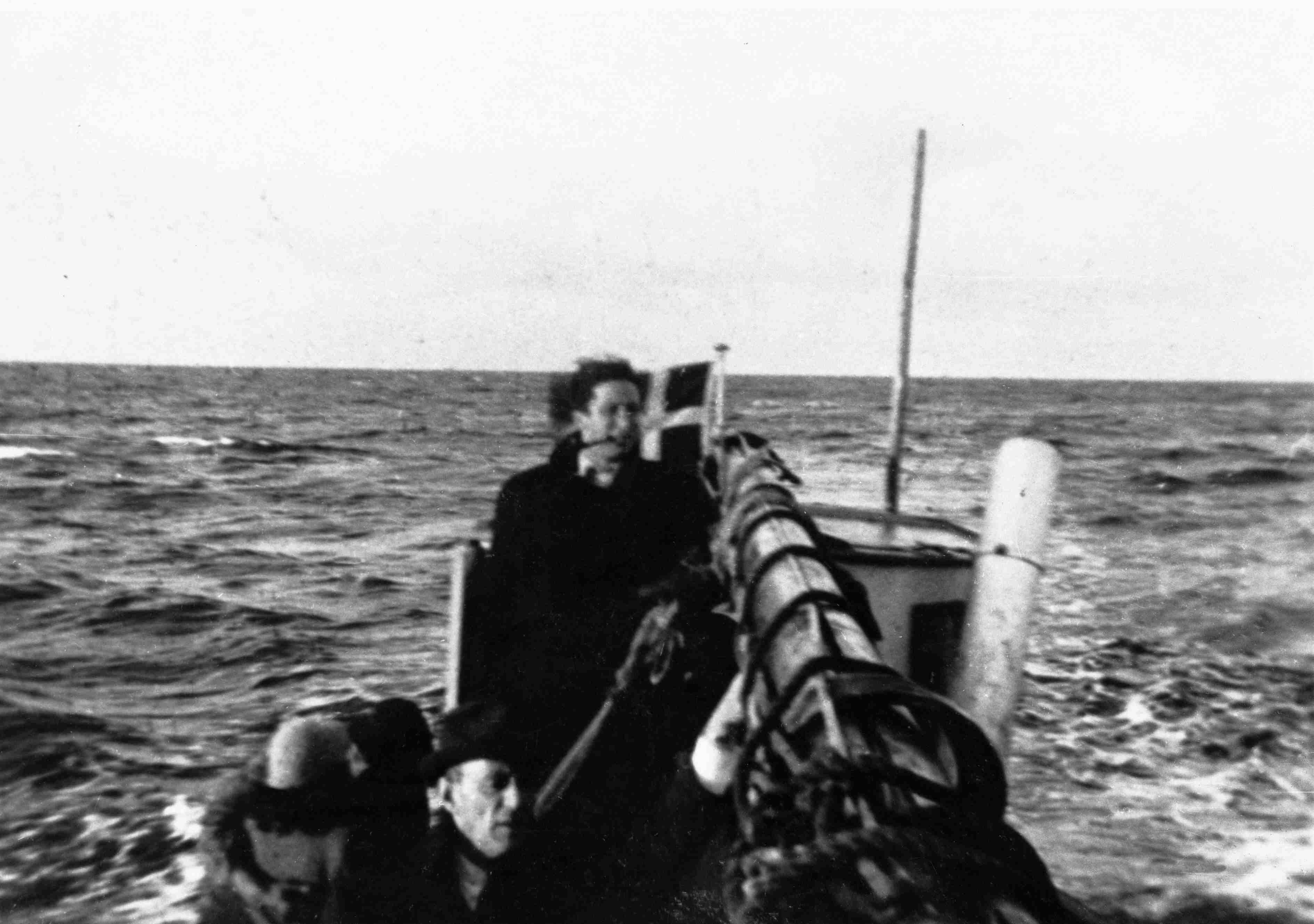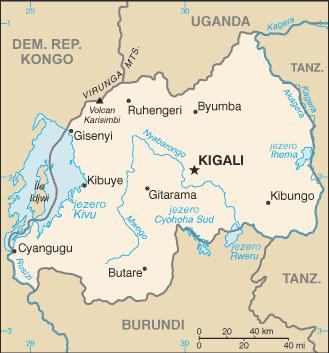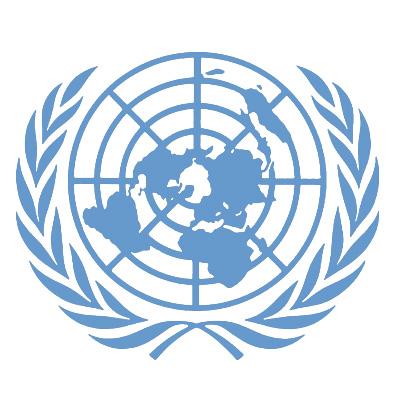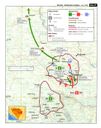
Genocide


Genocide in public international law on the example of Tibet

Genocide in public international law on the example of Tibet

Genocide in public international law on the example of Tibet

Genocide in public international law on the example of Tibet

Genocide in public international law on the example of Tibet

Genocide in public international law on the example of Tibet
The debatable Genocide Convention failed to give a sufficiently precise and authoritative definition of genocide, another lack of the Convention, the absence of institutional and coercive mechanisms for genocide, directly threatened the main purpose of the Convention, ie to prevent and punish this serious crime.

Genocide in public international law on the example of Tibet

Genocide in public international law on the example of Tibet

The Danish story of the Star of David
The stories of the Jews during the Second world war come often "completely known" and examined to the smallest detail. The deportation and systematic murder of the Jews were enforced by the Nazis, mostly without resistance, perhaps with the exception of a few brave individuals who tried to help the Jews on their own. Yet there is a country that managed defeat the Nazis in the fight for the lives of its Jews. That country is Denmark.

The long fight of Rudolf Vrba

The UN and the Rwandan genocide
4. UN measures and their effectiveness Genocide is not an outburst of spontaneous violence, but above all a well-planned action. The perpetrator is not a mob, but an organized force; most often a political party or an army. In Rwanda, it was President Habyarimana's MRND party and the informal Akazu group.

UN and Rwanda Genocide

UN and Rwanda Genocide

UN and Rwanda Genocide

UN and Rwanda Genocide
Join us
We believe that there are people with different interests and experiences who could contribute their knowledge and ideas. If you love military history and have experience in historical research, writing articles, editing text, moderating, creating images, graphics or videos, or simply have a desire to contribute to our unique system, you can join us and help us create content that will be interesting and beneficial to other readers.
Find out more